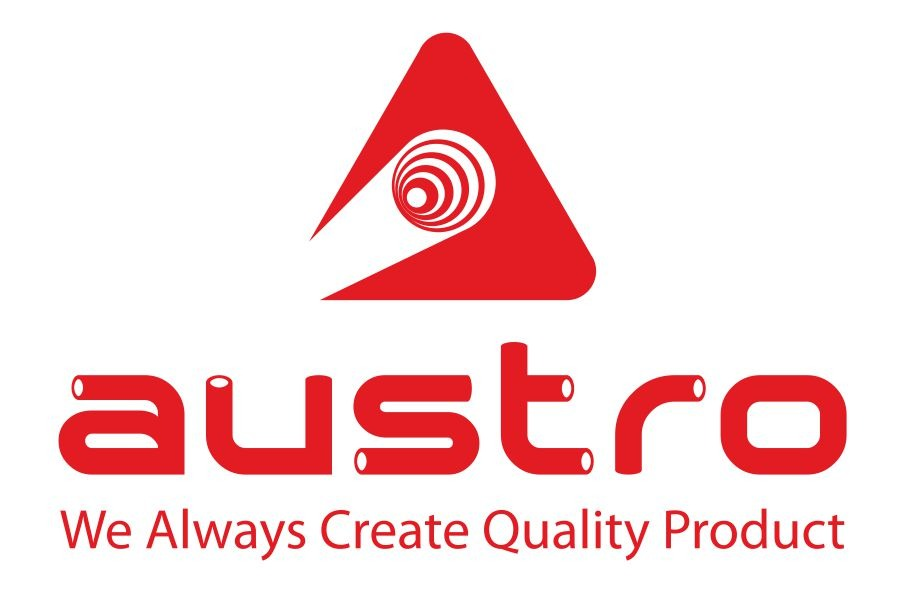
CPVC (Chlorinated Polyvinyl Chloride) pipes are widely used for various applications, particularly in plumbing and industrial systems where resistance to corrosion, chemicals, and high temperatures is required. Here are some key features and considerations regarding CPVC pipes:
Features of CPVC Pipes:
Corrosion Resistance:
CPVC pipes are highly resistant to corrosion, making them suitable for transporting both hot and cold water.
Chemical Resistance:
They exhibit resistance to a wide range of chemicals, making CPVC pipes suitable for use in industrial applications where exposure to different substances is common.
Temperature Resistance:
CPVC pipes can handle higher temperatures compared to regular PVC pipes, making them suitable for hot water distribution systems.
Lightweight:
CPVC pipes are lightweight, which simplifies handling and installation compared to some metallic pipes.
Smooth Interior Surface:
The smooth interior surface of CPVC pipes reduces friction, helping to maintain good water flow and minimizing the risk of clogs.
Low Thermal Conductivity:
CPVC has a low thermal conductivity, which means it doesn't lose heat as quickly as some other materials. This property can be beneficial in certain applications.
Ease of Installation:
CPVC pipes are often joined using solvent cement, which provides a strong and reliable bond. The installation process is generally quicker and simpler compared to metallic pipes.
Long Service Life:
When installed and maintained correctly, CPVC pipes can have a long service life, providing durable and reliable performance.
Applications of CPVC Pipes:
Residential Plumbing:
CPVC pipes are commonly used for residential plumbing systems, particularly in hot and cold water distribution.
Industrial Processes:
In industrial settings, CPVC pipes are used for transporting various chemicals and corrosive substances.
Fire Sprinkler Systems:
CPVC pipes are utilized in fire sprinkler systems due to their fire-resistant properties.
HVAC Systems:
CPVC pipes are suitable for conveying hot and cold water in HVAC (Heating, Ventilation, and Air Conditioning) systems.
Water Treatment Plants:
CPVC pipes are used in water treatment plants for the distribution of treated water.
Commercial Buildings:
CPVC pipes find applications in commercial buildings for plumbing and other water distribution systems.
When considering CPVC pipes for a specific application, it's essential to adhere to industry standards and guidelines for installation and use. Additionally, consulting with plumbing professionals can help ensure that the chosen piping system meets the specific requirements of the project.
 Angus T. Jones Then & Now!
Angus T. Jones Then & Now! Macaulay Culkin Then & Now!
Macaulay Culkin Then & Now! Tina Majorino Then & Now!
Tina Majorino Then & Now! Richard Thomas Then & Now!
Richard Thomas Then & Now! Jane Carrey Then & Now!
Jane Carrey Then & Now!